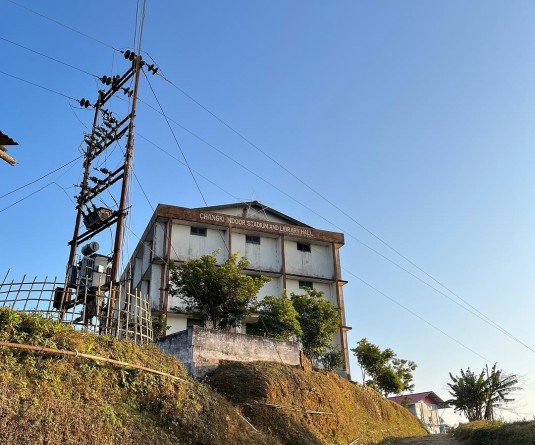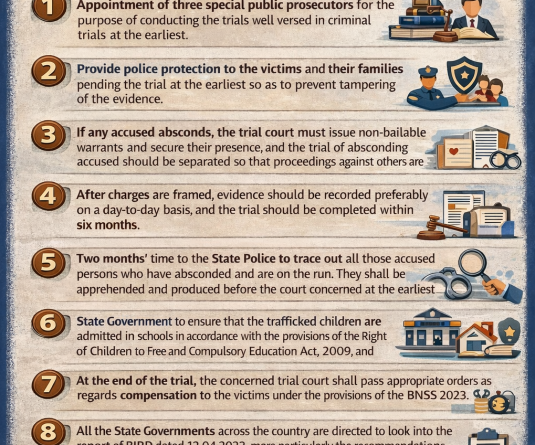
Morung Express News
Dimapur | November 5
A group of 14 organizations have resolved that Nagaland State should be exempted from the Indian Union’s proposed and yet-undefined Uniform Civil Code.
The Indian Union Government started an exercise this year to get views of all citizens of the Union on formulating a Uniform Civil Code (UCC). The Law Commission of India (LCI) circulated a questionnaire on October 7, open for 45 days, that invited opinions on how to, if at all, construct a UCC to inform family laws/customary practices that govern marriage, divorce, adoption, guardianship and child custody, maintenance, succession and inheritance.
Organizations in the State took a strong stand against the “imposition” of a UCC on the Naga people at a ‘public discourse’ organized by the Dimapur Bar Association (DBA) at the Lotha Hoho Ki here today. It was decided that this resolution will be forwarded to the LCI under the aegis of the Nagaland Tribes Council (NTC).
“Nagaland State should be exempted from the UCC,” maintained Tali Ao, President of the Nagaland Bar Association (NBA). He noted that life, liberty and justice for the Naga people would be put at jeopardy if any form of a UCC is applied.
A UCC in the Indian context is understood to be the state’s duty (Article 44 of the Directive Principles of State Policy of the Indian Constitution) to “revise and reform” personal laws, ensuring social equality and secularism.
Highlighting the ‘Constitutional implications of UCC in the context of Nagaland State,’ NK Luikham, former president of the NBA, explained the various fundamental rights provided by the Indian constitution. He reiterated that Nagaland State should be left out from the purview of the UCC, but reminded that when a contradiction in law arises (eg.: a law that may hinder right to freedom of religion), then a law made by the Indian parliament would prevail over any other.
Naga political issue yet to be resolved
Nagas should “collectively remind” the Government of India (GoI) that the Naga political issue is yet to be resolved—it is only “in the meantime” that Article 371-A works as a “constitution within a constitution” to protect the rights of the Naga people and the GoI does not have the “unitary” right to amend or overturn it in any way without the consent of the Naga people.
This perspective was presented by Toshi Wungtung, Advisor to the Eastern Nagaland Peoples Organization (ENPO). He noted that if Article 371-A is amended through a UCC, without mutual consent, then the Naga people might as well be independent peoples.
“Nagas are Indians only through the Article 371-A. It is an instrument of accession for the time being and to even debate about the UCC is useless. The 60 members of the Nagaland Legislative Assembly should be discussing this,” he pointed out. Later, he said that Article 371-A cannot be interpreted only legally as it is a political arrangement, and no law can unilaterally supersede it.
Addressing another important agenda of the UCC, i.e. secularism, Wungtung stated that Article 371-A strengthens, and is a hallmark of, Indian secularism, but a UCC will “directly violate” Article 371-A that was formulated as a political agreement between two parties.
Other organizations that took part in the discussion, and consented to the resolution, were Naga Council Dimapur, Nagaland Tribes Council, Dimapur District Citizens’ Forum, Dimapur Urban Council Chairmen’s Association, Chumukedima GBs Association, Naga Women Hoho Dimapur, Central Nagaland Tribes Council, Dimapur Tenyimia Union, Muslim Council Dimapur, Western Sumi Tribal Council, Dimapur Senior Citizens’ Forum, Dimapur District GBs Association, Dimapur Naga Students’ Union and other individuals.





